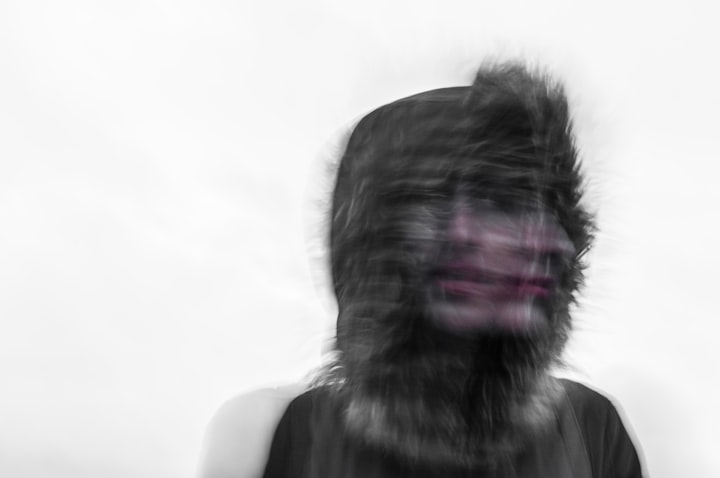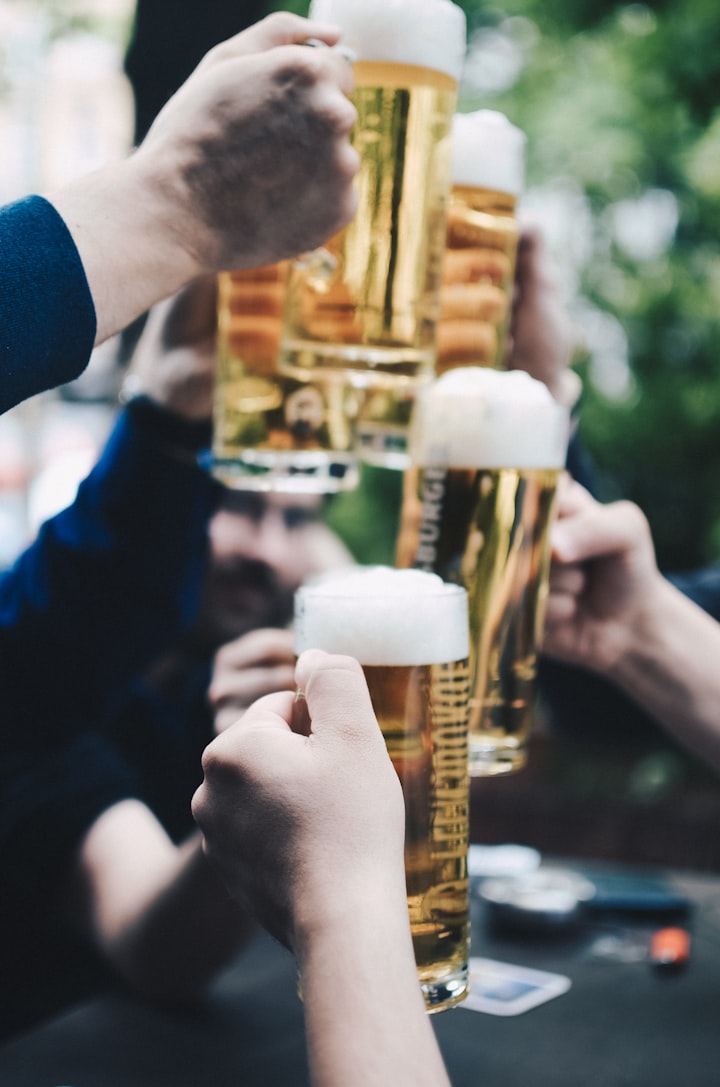Chronic Victimhood: Living In A State Of Permanent Complaint.
Why do some people complain all day long? Victimization is a psychological trait that affects personal and emotional relationships.

There are life experiences that hit us so hard that we feel powerless, unable to react.
We have all experienced it; these are moments in which we adopt the role of victim, although sometimes there is nothing or no one in particular that we can identify as the source of discomfort.
Thus, victimization of oneself can appear even when it is impossible to attribute the bad thing that happens to us to someone we consider an attacker.
In such cases, we feel victimized not because we know that someone is seeking our downfall, but because we feel that what happens to us is beyond our control and that we are only the party that takes the blows without being able to do anything about it.
This process of self-victimization is totally irrational and in itself does not help us to develop useful strategies for dealing with adversity.
Fortunately, in most cases this phenomenon is short-lived... although this is not always the case.
There are people who live in a state of chronic victimhood.
What Are People With Chronic Victimhood Like?
People with chronic victimhood are those who are constantly interpreting reality as if everything bad that happens to them is the fault of others.
Their day-to-day life is one fictitious aggression after another, and they unconsciously shift all responsibility for what happens to them onto others.
Unknowingly, people who become accustomed to chronic victimhood deny themselves the possibility of improving their situation while establishing relationships with others based on resentment and blame.
Thus, victimhood damages both the ability to cope with problems and personal relationships in general and emotional relationships in particular.
Some of the characteristics of these people are the following.
1. They Blame Others For The Lack Of Help.
They assume that the normal thing would be to constantly count on the help of others and they get frustrated when they do not receive it in the desired amount.
2. Create "Ad Hoc" Explanations
Even in the most obvious failures, these people invent explanations that allow them to shift the blame to others.
If they injure themselves using an instrument, for example, they blame the person who bought it.
3. Show Limited Self-Criticism

Although their self-esteem tends not to be high, this does not mean that people who exhibit chronic victimhood are constantly judging their actions and decisions; in fact, the opposite is true.
They rarely engage in self-criticism because they have assumed that what happens to them is not their responsibility.
4. They Focus Their Imagination On Their Misfortune
These people feel a kind of fascination with what they interpret to be their victimhood, and they often think about the bad things that happen to them and what they have to suffer.
They often talk about this with others, offering a dramatic and somewhat exaggerated reading of the facts.
5. They Manipulate Unconsciously
Chronic victimhood involves a trade-off: a large comfort zone based on not taking responsibility is gained in exchange for adopting a sense of hopelessness and low self-esteem.
In order to maintain the former, these people adopt a clear victim role not only in their own eyes, but also in the eyes of others.
In this way, they act on the assumption that others have to help with everything and, when this does not happen, they show sadness or resentment.
This causes many people to offer help that in normal situations they would not offer, giving in to emotional blackmail.
A Problem That Goes On Forever

Although chronic victimhood is not a disorder in itself (although it can be a symptom of a paranoid disorder in which everything is interpreted as a secret plan to attack us), this phenomenon causes the person to adopt problematic thinking and behavioral dynamics that become more aggravated over time.
Like a snowball that keeps getting bigger and bigger, at the beginning everything usually starts with a phenomenon known as learned helplessness.
When no matter what we do we notice that our situation does not improve, this kind of helplessness appears; we simply stop trying to improve because we see that there is a disconnect between our efforts and the results obtained.
This can happen to us at specific moments, and in fact it is very common at some point in our lives, but it can also last for relatively long periods of time in which the emotional pain accumulates.
People who see how this situation goes on for a long time begin to assume that victimhood is a part of their own personality, something that will always be with them.
Of course, this has a detrimental effect on their self-esteem, but it also causes them to begin to anticipate failure in everything they try to do.
In turn, this person's acquaintances, friends and family also assume that he or she has reached a dead end and will not get better, simply by noticing that he or she acts in a manner consistent with this belief.
In this way, the expectations of the person himself and the people around him reinforce a very clear idea: bad things always happen to this person, and those bad things are not his responsibility.
About the Creator
HowToFind .com
More info at https://howtofind.com






Comments
There are no comments for this story
Be the first to respond and start the conversation.